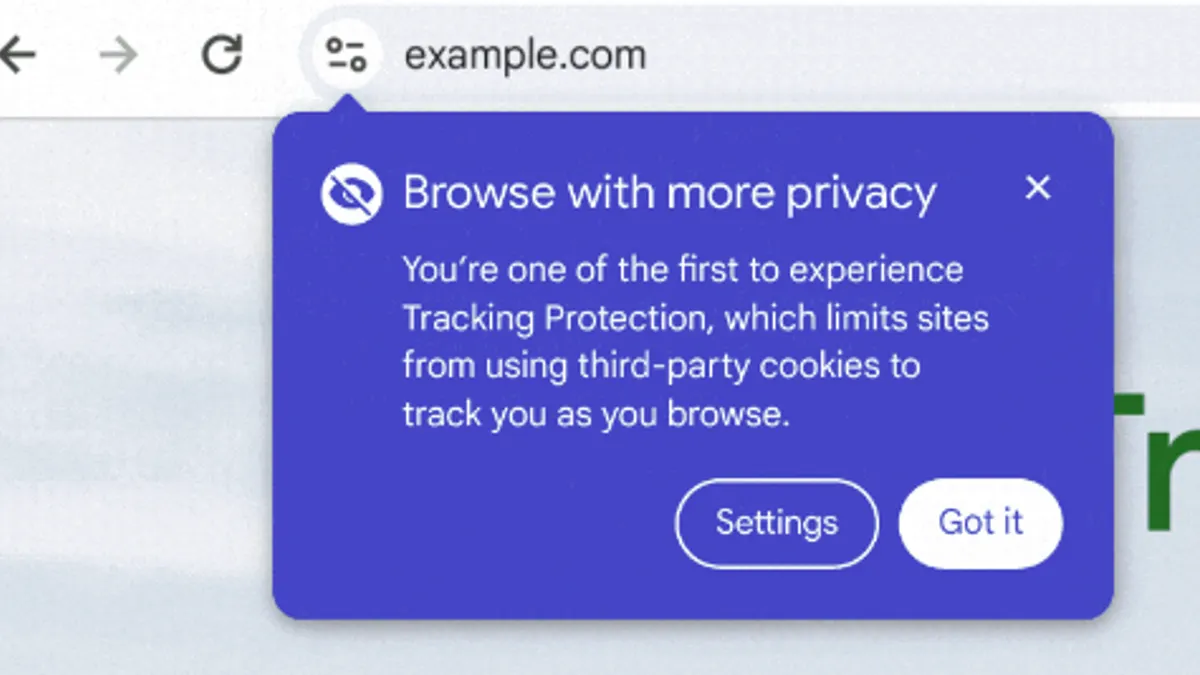Google Backtracks on Chrome Cookie Tracking Changes
In a significant reversal, Google has announced it will not implement any changes to cookie tracking within its Chrome browser. This effectively ends the company's years-long "Privacy Sandbox" initiative as a mandatory requirement for advertisers.
While the Privacy Sandbox project will continue, its optional status renders it largely irrelevant for ad partners seeking data to optimize campaign performance.
As Google stated: "As we’ve engaged with the ecosystem, including publishers, developers, regulators, and the ads industry, it remains clear that there are divergent perspectives on making changes that could impact the availability of third-party cookies [...] Taking all of these factors into consideration, we’ve made the decision to maintain our current approach to offering users third-party cookie choice in Chrome, and will not be rolling out a new standalone prompt for third-party cookies. Users can continue to choose the best option for themselves in Chrome’s Privacy and Security Settings."
This announcement is a welcome reprieve for advertisers who anticipated disruptions to their tracking processes. However, privacy advocates are likely disappointed by this decision.
A History of Google's Cookie Conundrum
In 2020, Google initially announced its plan to phase out third-party cookie tracking by 2022, aiming to enhance user data privacy. This plan involved the Federated Learning of Cohorts (FLoC) model, which allowed user activity tracking without personal identifiers.
Facing pushback from ad partners, Google delayed FLoC in 2021, promising a better solution. The company then shifted its focus to the Privacy Sandbox project, which aimed to balance data tracking with privacy protections. Launched publicly in September 2023, Privacy Sandbox was intended to categorize users into topic categories rather than enabling individual tracking.
Further concerns from industry and regulatory bodies led to another delay. By July 2024, Google abandoned the phase-out entirely, proposing a "new experience in Chrome" that would empower users to control their data sharing.
Now, Google has abandoned this final element of its five-year privacy initiative.
Business as Usual for Cookie Tracking
Businesses can continue using cookie tracking in Chrome as before, leveraging visitor data for ad targeting. While this latest announcement may not be a major shift considering the previous abandonment of the broader phase-out, it provides relief to advertisers and ad tech partners who were seeking alternative data solutions.
With no impending changes to cookie tracking, advertisers can maintain existing practices without needing to adapt to new systems. This concludes a long and complex chapter for online advertisers.







